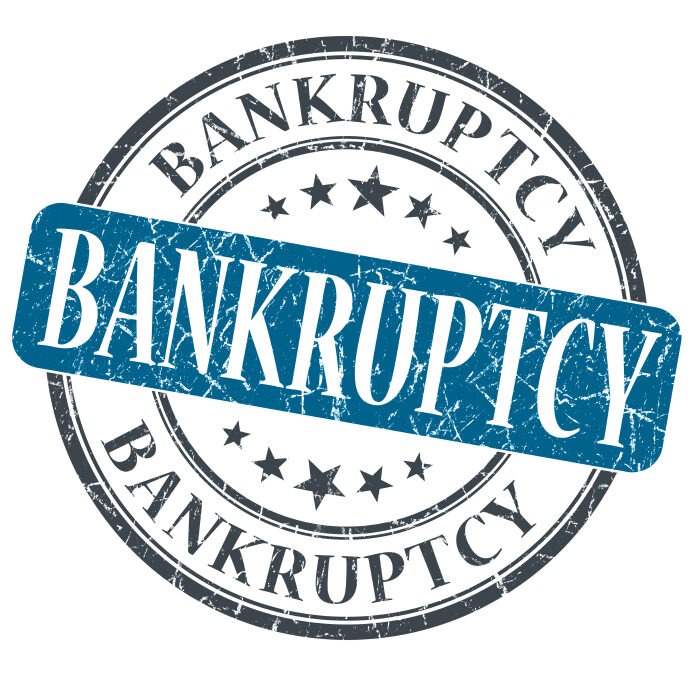
Will Bankruptcy Prevent Me From Selling My House
If you sell your homestead prior to filing your bankruptcy case, the trustee can look to see how that money was spent.
For example if two years ago you received $50,000 from proceeds from the sale of your house, how was that money spent?
Did you use the money on reasonable expenses? Did you pay back your creditors? Did you spend it frivolously? Did you incur debt at the same time or after receiving that money? Your case filing has to be in good faith where you didn’t incur debt with the intention of filing for bankruptcy.
You have to make an effort to pay off the debt but genuinely be unable to do so. Taking that example, if you took that $50,000 and gifted it to a family member the trustee could go after your family members for repayment of the $50,000 and use that money to pay your creditors.
If you took a vacation or spent the money frivolously instead of paying your creditors, the trustee would argue that you did not file the case in good faith and you would need to repay that money to the trustee. Generally, it’s better not to transfer property just prior to filing your bankruptcy case. Make sure any profits are accounted for from the sale. Keep receipts.
If there is a divorce order requiring that the property be sold, that is fine, but the money would still need to be accounted for. If you split the homestead profits with an ex, we would need to look too see if that person was also on the deed to the property and determine if they were entitled to 50% of the equity. If they have a 50% interest in the property but you give them 100% of the home sale proceeds without a divorce order that could be construed as a gift. The trustee could reverse the sale or go after your ex-spouse to receive your portion of the sale proceeds to pay your creditors.
If you are considering selling your home its best to wait until your bankruptcy case is concluded or you can potentially waive your homestead exemption by putting your property on the MLS or under contract. If you bankruptcy case is pending, you would need the court’s permission to sell the property. The trustee or any creditors could potentially object to you using the homestead exemption. Before deciding to transfer any property its always best to consult with your attorney prior to doing so.








